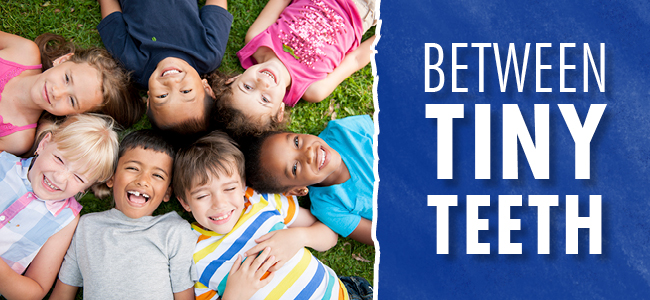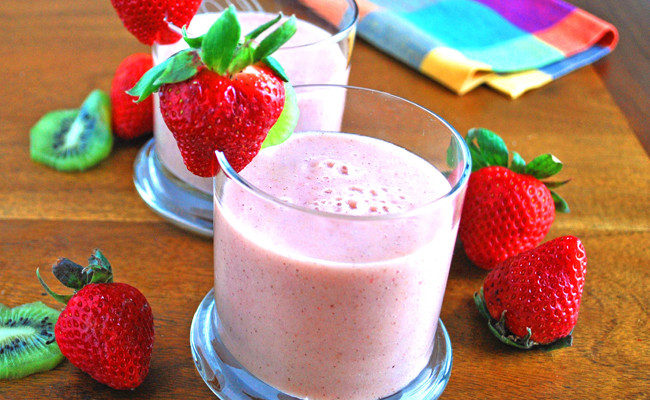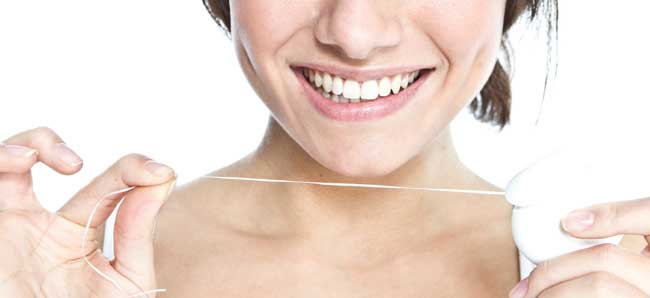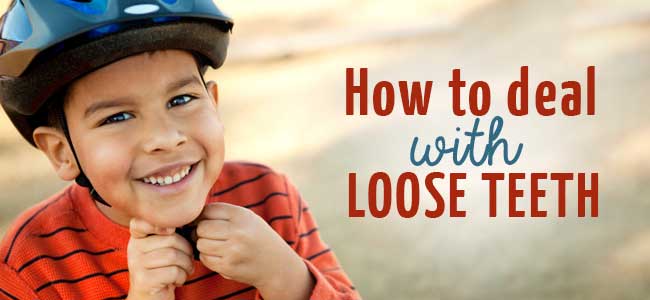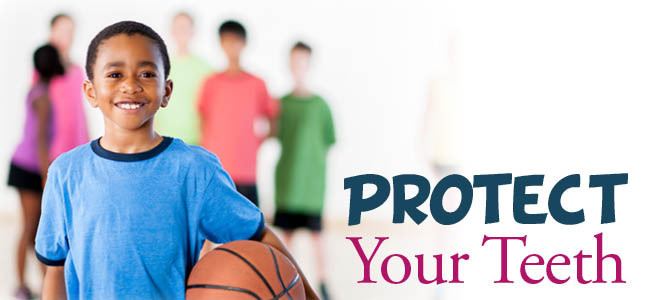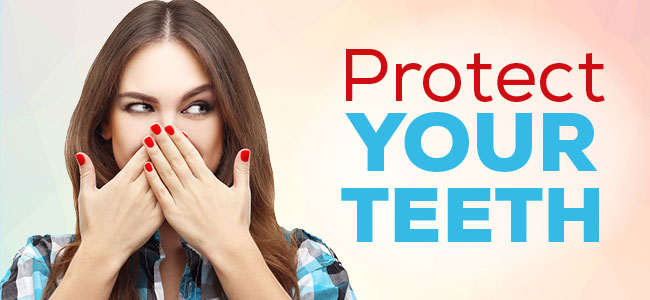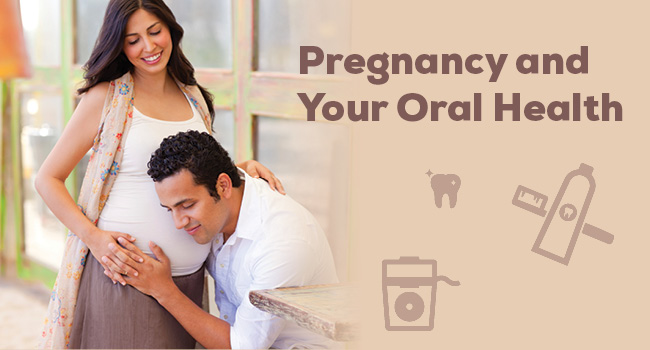
Why do I Need Professional Teeth Cleanings? Let’s look at five reasons why you should get your teeth regularly cleaned. 1. We check for oral cancer With cancer, the sooner it’s detected the better chance you have of successfully getting rid of it. Oral cancer is no different. During each teeth cleaning, we check for any signs of oral cancer. 2. Cleanings help prevent cavities Brushing and flossing every day will do wonders in maintaining a healthy mouth. But, sometimes you may forget to floss, or maybe you had a few too many sodas and candy bars. Our dental hygienists will ensure that your mouth is free of plaque, and can also give you tips for your at-home cleaning if they see something you may not be doing. 3. Cleanings help prevent gum disease Gum disease can easily creep up on anyone. It is often painless until it becomes a…

